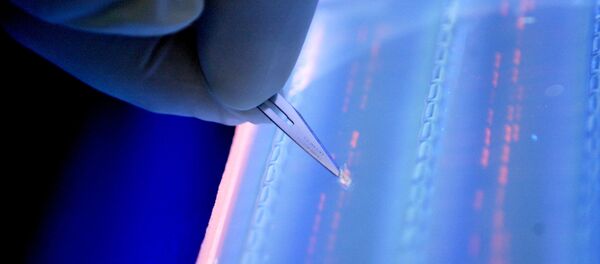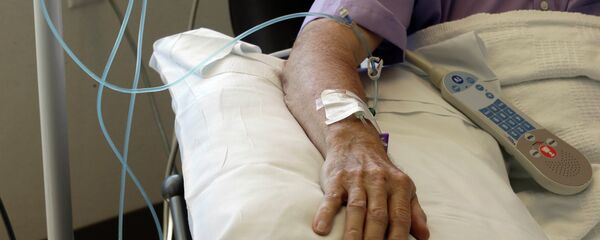"Our discovery could potentially offer a new and complementary approach to chemotherapy and immunotherapy as options for treating gastrointestinal cancers," said professor Matthias Ernst, scientific director at the Olivia Newton-John Cancer Research Institute, in a statement.
Hematopoietic cell kinase (HCK) is an enzyme that helps stem cells become blood cells – hematopoietic cells are the stem cells that all blood cells start as. One type of blood cells that HCK helps to code are macrophages, "big eater" white blood cells whose job is to consume and destroy anything that impedes healthy blood, such as cellular debris, microbes and cancer cells.
But when tumors form, macrophages unwillingly are turned into some of cancer's most effective soldiers.They are altered by tumorous cells into becoming cells that assist in forming and growing tumors. Ernst says that his team found that "the more HCK activity a macrophage has, the more it nurtures cancer cell growth and survival."
The solution was simple. By injecting a small drug-like molecule that acts as an HCK inhibitor, the team found that tumor growth stopped cold in the animals they were testing.
Colorectal cancer is the second deadliest form of cancer in the United States, losing only to lung cancer. It is notoriously resistant to conventional forms of treatment.
But the findings at the Olivia Newton-John Institute offer a "new approach to possibly overcome this resistance," according to Niall Tebbutt, head of medical oncology at the center.
This treatment is still in preclinical trials, however, and is nowhere near viability as a cancer drug. But the research does show promise for the future treatment of colon cancer as well as for stomach cancer, which is rarer but has a very high mortality rate.




